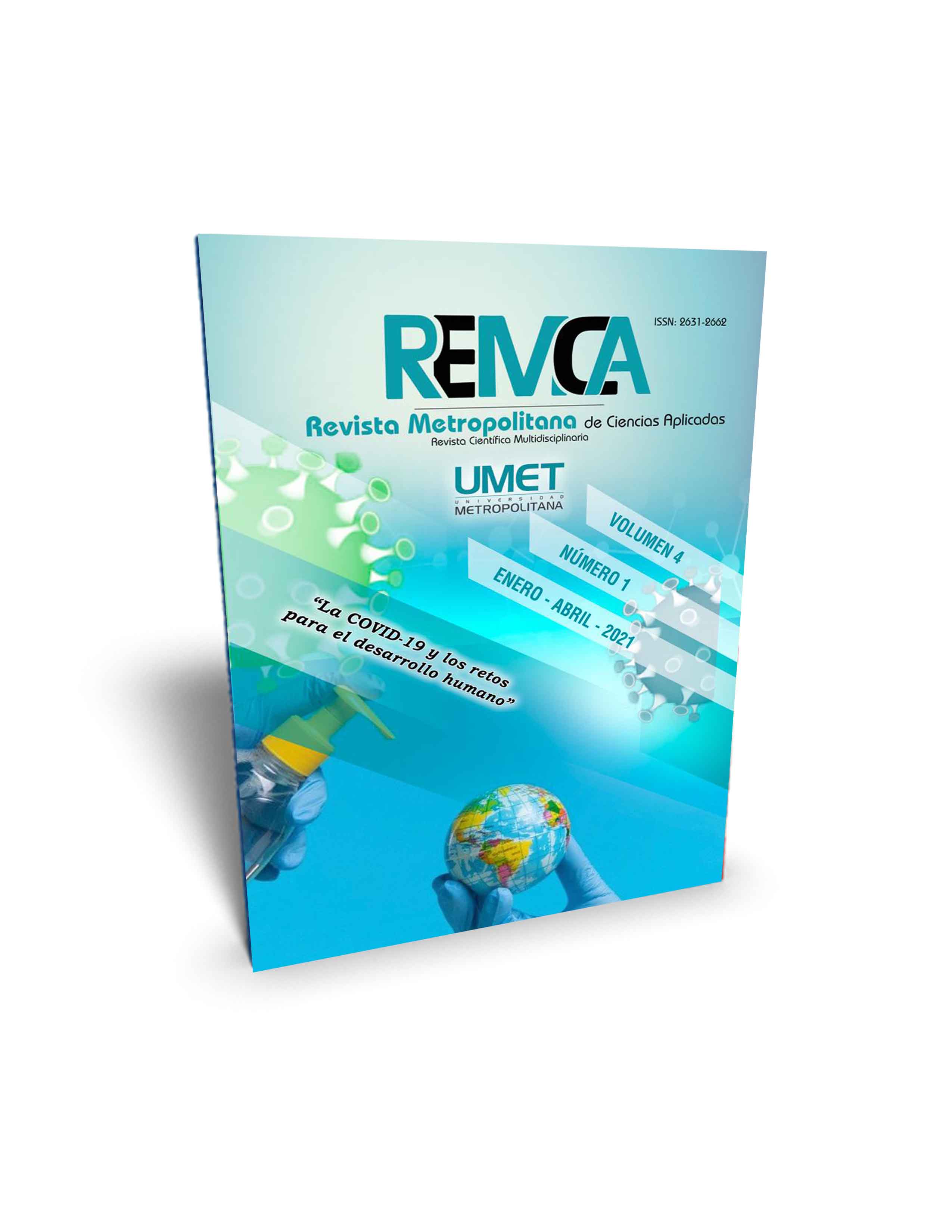"Acting for another", a problem of criminal dogmatics related to economic crime
DOI:
https://doi.org/10.62452/m4303e75Keywords:
Act by another, economic crime, criminal responsibilityAbstract
This article analyzes one of the current problems of criminal dogmatics in relation to economic crime, related to the institution of “act by another.” Although this institution is being included in modern Criminal Codes under different forms of regulation, it is not without controversy. The lack of clarity and diversity of criteria about its constituent elements and certain inconveniences that arise from its practical application has caused great controversy in current criminal dogmatics. The detractors of “act by another” openly label it as an unnecessary and ineffective institution; however, those who defend it weigh its importance in the context of modern Criminal Law to solve a significant problem of imputation in the area of economic crimes. However, there are still issues that must be taken into account to resolve issues that have not yet been resolved by said institution, at least in the way it is regulated in the various substantive criminal laws that contain it. It is also necessary to continue deepening their dogmatic and normative study in order to improve and develop it.
Downloads
References
Bacigalupo Zapater, E. (2004). Derecho penal. Parte General. ARA Editores.
Bacigalupo Zapater, E. (2005). Curso de Derecho Penal Económico. Marcial Pons.
Benítez, I. (2015). Responsabilidad penal de las personas jurídicas en España. Breve análisis del alcance del artículo 31 bis del Código Penal, tras las reformas operadas por las Leyes Orgánicas 5/2010, de 22 de junio, y 1/2015, de 30 de marzo. En, Colectivo de autores, Globalización, delincuencia organizada, expansionismo penal y Derecho penal económico en el siglo XXI. (pp. 259-291). UNIJURIS.
Bustos Ramírez, J., & Hormazábal Malarée, H. (2006). Lecciones de Derecho penal. Parte General. Trotta.
Calderón Cerezo, A., & Choclán Montalvo, J. A. (2005). Código Penal comentado. Ediciones Deusto.
Castillo Alva, J. L. (1999). El actuar en lugar de otro: Responsabilidad Penal de los órganos representantes y socios representantes de una Persona Jurídica. Caso peruano. Normas Legales, (279).
Chiara Díaz, C. A. (2004). Derecho penal de los negocios. Astrea.
Colectivo de Autores. (2007). Código Penal concordado con jurisprudencia sistematizada y leyes penales especiales y complementarias. La Ley.
Díaz y García Conlledo, M. (1991). La autoría en Derecho penal. PPU.
Díaz y García Conlledo, M. (1996). Autoría y participación. Diario la Ley.
Faraldo Cabana, P. (2000). Los delitos societarios. Aspectos dogmáticos y jurisprudenciales. Tirant lo Blanch.
García Cavero, P. (2003). Derecho Penal Económico Parte General. ARA Editores.
Gómez Tomillo, M. (2016). Programas de cumplimiento y política criminal. En, S. Bacigalupo, Estudios de Derecho penal: homenajo al progesor Miguel Bajo. (pp. 103-124). Centro de Estudios Ramón Areces S.A.
Gracia Martín, L. ( 1986). El actuar en lugar de otro. En, L. Gracia Martín, & U. D. Zaragoza (Ed.), Derecho Penal (Vol. Volumen II). Prensas Universitarias de Zaragoza.
Meini Méndez, I. (1999). El actuar en lugar de otro en el derecho penal peruano. Nuevo Foro Penal, (62).
Muñoz Conde, F. (1977). La responsabilidad penal de los órganos de las personas jurídicas en el ámbito de las insolvencias punibles. Cuadernos de Política Criminal, (3).
Nieto Martín, A. (2002). Portal Iberoamericano de las Ciencias Penales. http://www.cienciaspenales.net/files/2016/09/2autoria-y-participacion-en-el-derecho-penal-economico-adan-nieto.pdf
Rodríguez Estévez, J. M. (2000). El derecho penal en la actividad económica. Ábaco.
Rodríguez Mourullo, G. (1978). Derecho Penal Parte General. Civitas.
Schünemann, B. (2006). Cuestiones básicas del Derecho penal en los umbrales del tercer milenio. Idemsa.
Suárez Sánchez, A. (2004). La autoría en el actuar por otro en el Derecho penal colombiano. Derecho Penal y Criminología, 25(75), 171-196.
Vera Toste, Y. (2015). Autoría y participación. UNIJURIS.
Vinelli, R., & Bellido, N. (2008). Responsabilidad penal de los órganos de representación de las personas jurídicas: Consideraciones sobre la cláusula del. Ius et veritas, (36), 524-541.
Zugaldía, J. M. (1992). La responsabilidad de las personas jurídicas en el derecho europeo actual. Civitas.
Downloads
Published
Issue
Section
License
Copyright (c) 2021 Osvaldo Brito Febles, Jorge Luis Barroso González (Autor/a)

This work is licensed under a Creative Commons Attribution-NonCommercial-ShareAlike 4.0 International License.
Authors who publish in Revista Metropolitana de Ciencias Aplicadas (REMCA), agree to the following terms:
1. Copyright
Authors retain unrestricted copyright to their work. Authors grant the journal the right of first publication. To this end, they assign the journal non-exclusive exploitation rights (reproduction, distribution, public communication, and transformation). Authors may enter into additional agreements for the non-exclusive distribution of the version of the work published in the journal, provided that acknowledgment of its initial publication in this journal is given.
© The authors.
2. License
The articles are published in the journal under the Creative Commons Attribution-NonCommercial-ShareAlike 4.0 International License (CC BY-NC-SA 4.0). The terms can be found at: https://creativecommons.org/licenses/by-nc-sa/4.0/deed.en
This license allows:
- Sharing: Copying and redistributing the material in any medium or format.
- Adapting: Remixing, transforming, and building upon the material.
Under the following terms:
- Attribution: You must give appropriate credit, provide a link to the license, and indicate if any changes were made. You may do this in any reasonable manner, but not in any way that suggests the licensor endorses or sponsors your use.
- NonCommercial: You may not use the material for commercial purposes.
- ShareAlike: If you remix, transform, or build upon the material, you must distribute your creation under the same license as the original work.
There are no additional restrictions. You may not apply legal terms or technological measures that legally restrict others from doing anything the license permits.




